Electronic shelf labels aren’t the enemy as US Senators press Kroger boss on ‘outrageous’ surge pricing
A recent letter written by Senators Bob Casey, D-Pa., and Elizabeth Warren, D-Mass., to Kroger CEO Rodney McMullen seeks "further information to better understand the justification for and risks of electronic shelving.”
According to the Senators, “the increased use of dynamic pricing will drive company profits higher - leaving consumers with the bill.”
They wrote: “It is outrageous that, as families continue to struggle to pay to put food on the table, grocery giants like Kroger continue to roll-out surge pricing and other corporate profiteering schemes."
This is a misguided perspective, according to Brittain Ladd, a supply chain consultant and former Amazon executive, who says that he read the letter with amusement.
In a LinkedIn post, he said: “To begin with, I can state with no hesitation that Kroger, Walmart, Amazon and the majority of grocery retailers aren’t “price gouging” consumers.”
“Grocery retailers didn’t cause inflation. Congress did through their irresponsible monetary policies which increased the money supply, while also failing to address the expanding need for electricity and its increasing costs.”
He added: “Do I believe that there are some companies and grocery retailers across the industry that are taking advantage of inflation to needlessly increase their prices? Yes.”
“Electronic shelf labels (ESL) provide value to retailers by lowering the costs caused by manually placing thousands of paper price tags on products.”
“They allow grocery retailers to allocate store labour to higher value activities. They also reduce the need for store labour. 99% of retailers use paper tags. By 2030, over 50% of retailers will leverage ESLs.”
Grocery retailers are investing heavily to digitise their stores from floor to ceiling to provide their customers with a better commerce experience - and also to increase their profitability, Ladd noted.
Margins in the grocery industry average between 1% to 3%. Reducing costs and maximising the availability of products at the shelf is a must have.
Ladd commented: “Does introducing ESLs mean that grocery retailers will introduce Uber like surge pricing? No.”
“What it does mean, however, is that as retailers collect more data about their stores, they will experiment with strategies to increase sales which could mean increasing the price of some products and lowering the price of others.”
ESLs can also be utilised for stocking to the shelf and picking at the shelf to assist with in-store fulfilment.
Ladd concluded: “The leaders in turning stores into high value digital assets are VusionGroup led by Thierry Gadou and Philippe Bottine, and 345 Global led by Mark Edwards.”
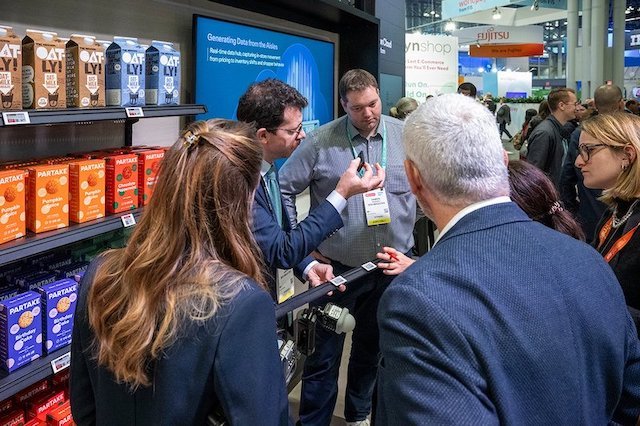
“Both of these companies are transforming retail via the use of science and technology. I’m amazed that the VusionGroup hasn’t invested in or acquired 345 Global.”
“Every retailer should be exploring a partnership with VusionGroup and 345 Global. Senators Warren and Casey would be wise to speak with Edwards and Bottine. They would quickly realise that ESLs and digital tools aren’t the enemy.”
2024 RTIH INNOVATION AWARDS
ESLs are a key focus area for the sixth edition of the RTIH Innovation Awards, which is now open for entries.
The awards, sponsored by CADS, 3D Cloud, Retail Technology Show 2025, and Business France, celebrate global tech innovation in a fast moving omnichannel world.
It’s free to enter and you can do so across multiple categories.
Key 2024 dates
Friday, 25th October: Award entry deadline
Tuesday, 29th October: 2024 shortlist revealed
30th October-6th November: Judging days
Thursday, 21st November: Winners announced at the 2024 RTIH Innovation Awards ceremony, to be held at RIBA’s 66 Portland Place HQ in Central London.












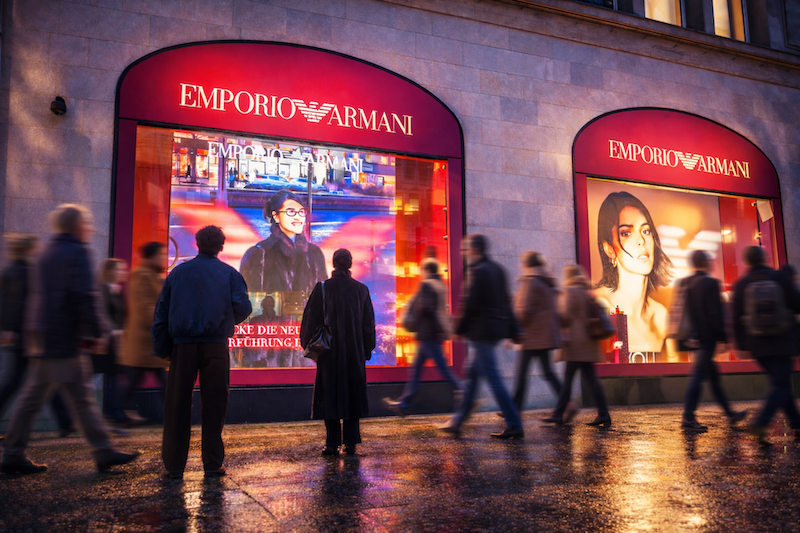


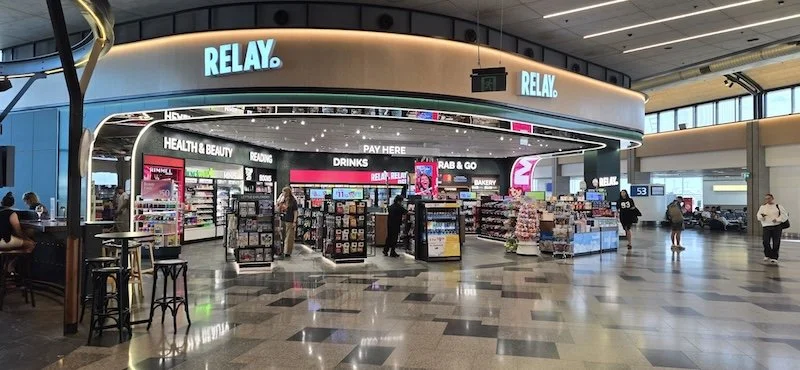

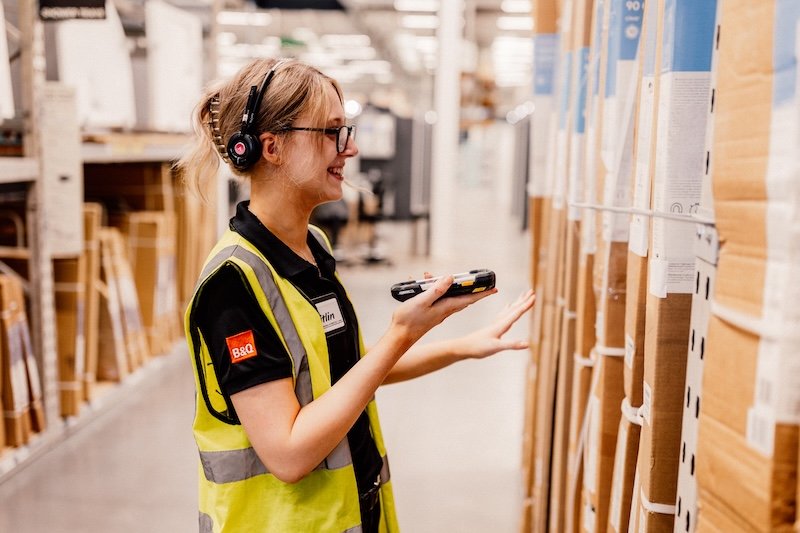
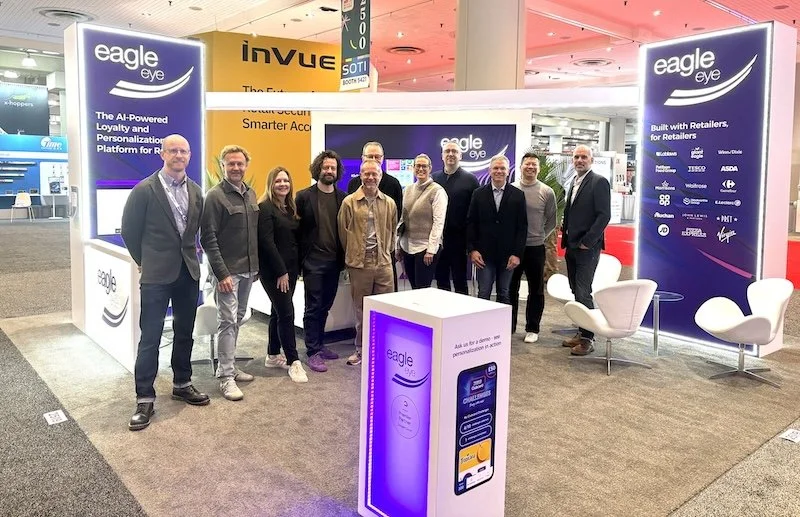
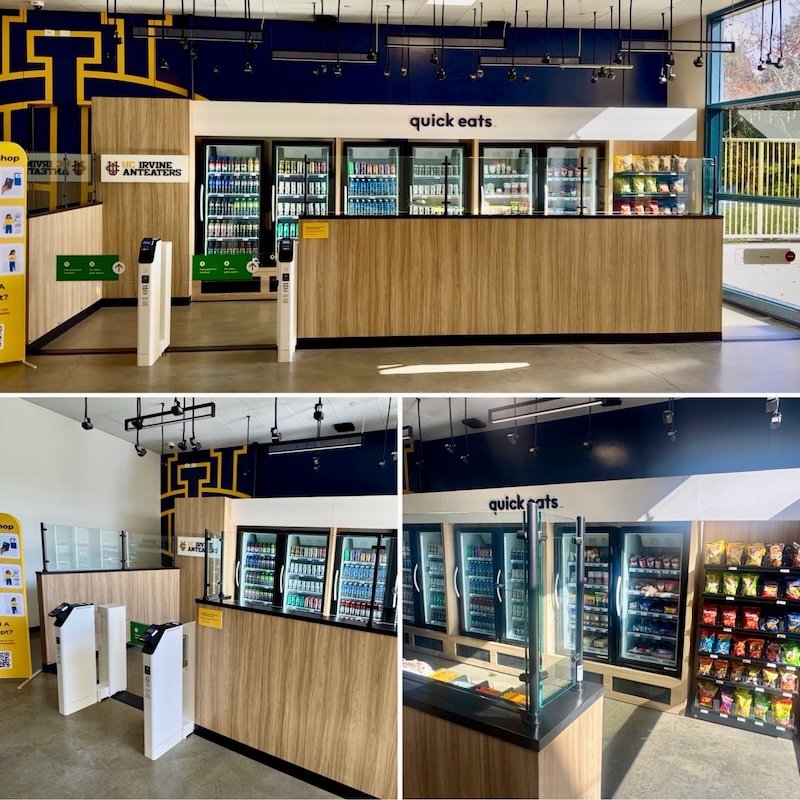
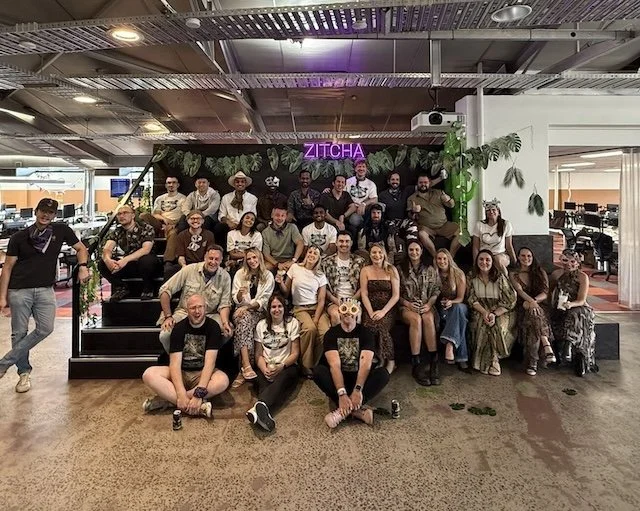


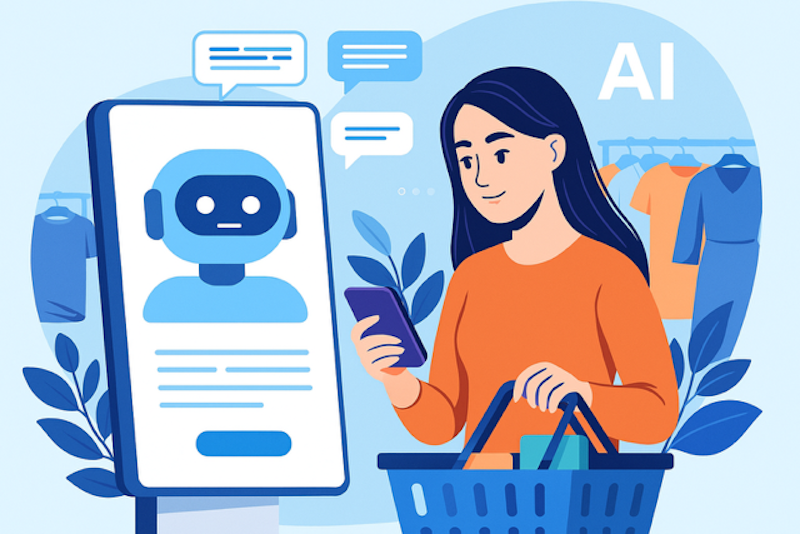
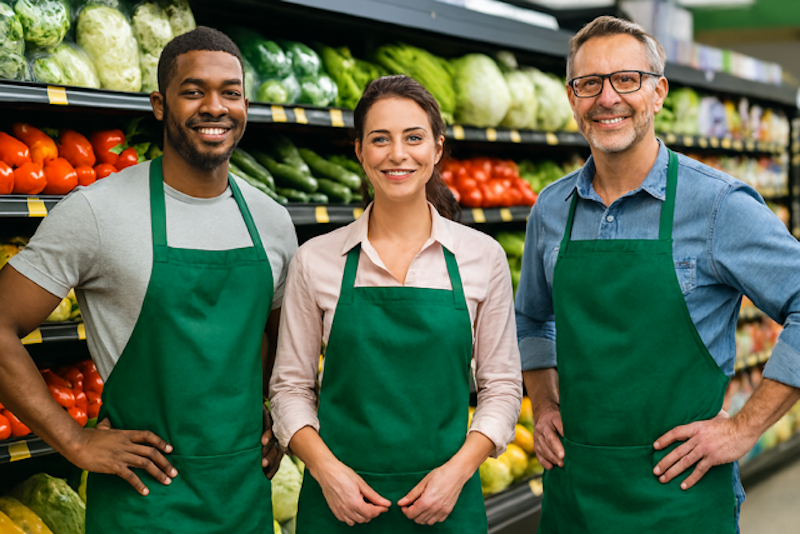
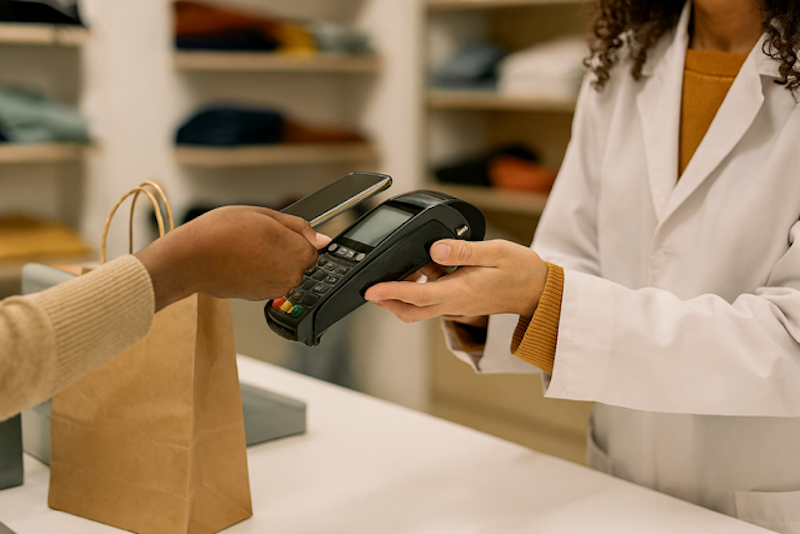
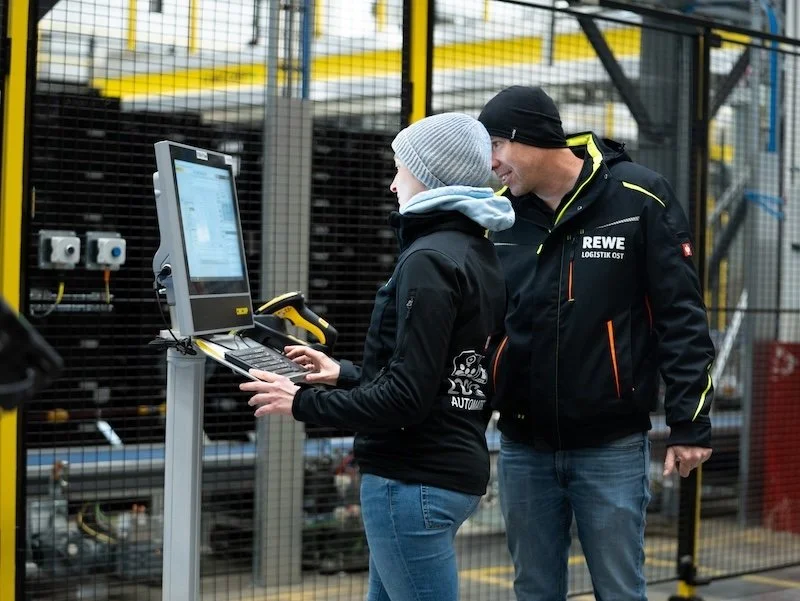
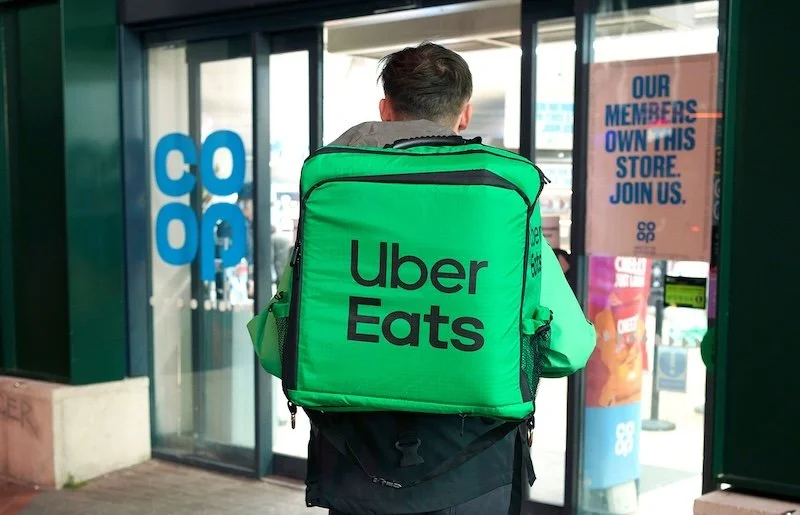


Continue reading…